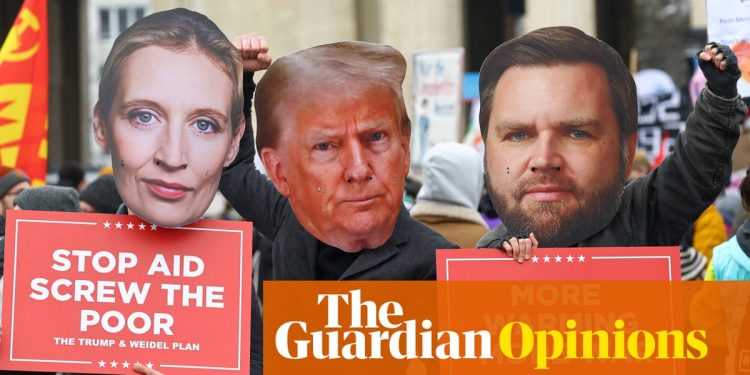In 2007, Vladimir Putin took the stage at the Munich Security Conference and delivered a speech that left Western diplomats reeling. He launched an unexpected attack on the global order that had emerged after 1989. Putin accused the United States of crafting a unipolar world where it was the sole authority and powerhouse. Fast forward seven years, and Russian troops illegally occupied Crimea. Moscow-backed separatists took control of significant areas in eastern Ukraine, setting the stage for what would escalate into a full-scale invasion.
Now, nearly two decades later, a similarly pivotal moment unfolded at the same venue with a speech from the U.S. Vice President, JD Vance. In the ever-shifting geopolitical landscape of the 21st century, this event might prove to be equally consequential. While many anticipated that Vance’s remarks last Friday would focus on Ukraine, especially after Donald Trump seemed poised to strike a ceasefire deal under Putin’s terms, the vice-president instead took aim at European allies. He criticized them over issues like multiculturalism, migration, and social media regulation. Alarmingly, the Trump administration is now outwardly supporting far-right groups, such as Germany’s Alternative für Deutschland, and Vance met their leader, Alice Weidel, in Munich.
A month into Trump’s second term, Vance and other high-profile figures, like Elon Musk, are brimming with ideological fervor and self-assurance. The vice-president’s rhetoric, reminiscent of the “Make America Great Again” culture wars, does more than provoke; it threatens the concept of a unified “West” sharing core values.
In the aftermath of the Cold War, the transatlantic alliance was built on a shared dedication to international principles, which the current White House seemingly dismisses with disdain. Trump’s transactional nature is glaringly apparent in his aim to profit from Ukraine’s vulnerability by securing half of its rare earth minerals under advantageous conditions. Europe must quickly adapt to a more isolationist America, one that views the continent as both an ideological opponent and an economic rival.
As conflicts and tough trade-offs loom, Vance’s critique of “digital censorship” in Europe signals future attempts to counteract the EU Digital Services Act and its regulation of U.S. tech giants. On matters of security, defense, climate change, and trade with the U.S., European countries need to unite against “America-first” tactics and begin pursuing greater strategic independence and economic self-reliance.
This week, French President Emmanuel Macron quickly organized a crisis meeting in Paris focused on Ukraine—an encouraging move. Amid fears of a neo-imperial carve-up, it is vital for Europe, alongside Ukraine, to be actively involved in any negotiations with Putin. This involvement is especially crucial given the U.S.’s apparent expectations that it would oversee the outcome.
Europe has been slow to grasp the implications of a world now marked by rivalry and multipolarity, where transatlantic bonds are no longer as strong. The new era will likely feature Trumpian bluff, bluster, and brinkmanship. After Vance’s visit to Munich, European leaders have been forewarned. Their challenge now is to protect the European model from a U.S. administration that would relish its downfall.
If you have thoughts on the issues discussed in this article, consider submitting a response of up to 300 words via email for possible publication in our letters section.


















